Everything You Need to Know About Dental Implants
What Are Dental Implants?
Over half of adults age 20-64 in the U.S. are missing at least one tooth. If you are one of these folks, perhaps you feel better knowing you're not alone.
However, it would be even better if there were a way to replace your missing tooth and smile with confidence.
Thankfully, modern cosmetic dentistry has just the answer. Read on to learn all about dental implants and if they are right for you.
What Are Dental Implants?
Dental implants are as close as you can get to replacing your missing teeth with real teeth. There are two main types of dental implants.
Endosteal implants consist of a titanium screw-like post that is implanted into the jawbone. This serves as a "root" for a false tooth or custom crown. These types of dental implants are the most common.
Subperiosteal implants are not as hardy but are an option for those whose jaw isn't healthy enough to support endosteal implants. These types of dental implants are inserted into the gum but rest on the jawbone rather than being implanted into it.The Advantages of Dental Implants
There are many advantages to having a dental implants procedure.
- Permanence: dental implants won't fall out of your mouth when you laugh too hard as dentures can do
- Comfort: implants feel like regular teeth
- Facial support: implants give the bones in your face the same support as real teeth
- Easy cleaning: cleaning dental implants is exactly the same as cleaning your other teeth, no extra maintenance necessary
- Stay in place: implants don't slide around or move when you chew or talk
- Maintain the integrity of other teeth: implants don't require grinding on healthy teeth to anchor the replacement teeth
- Lifespan: with proper care, dental implants can last a lifetime
Dental implants are freeing. They are the most permanent tooth replacement solution. Once the implants are in place it's like you never lost any teeth.
Who Is a Good Candidate for a Dental Implant Procedure?
Most people with a healthy jaw and gums make great candidates for a dental implants procedure. You get bonus points if you see your dentist regularly and are committed to proper oral care on a daily basis.
However, not everyone is an ideal candidate. Dental implants may not be a good fit for you if you:
- Smoke heavily
- Are diabetic
- Have heart disease
- Have had radiation therapy in the head or neck area
Having one of these factors does not mean that you automatically can't get implants. Rather your case will need to be evaluated on an individual basis.
Paying for Dental Implants
The cost of dental implants is not exorbitant, but depending on how many implants you need it can get expensive. Many insurances don't cover dental implants. However, some do depending on the plan and the reason for the tooth loss so you should consult your insurance company.
If you're faced with paying for them yourself, don't worry. You still have options.
You may be eligible for a grant from the Cosmetic Dentistry Grants Program. The government also may give you a break. Some dental implants procedures are tax-deductible.
Low-income adults may be eligible for benefits from Medicaid. The implants themselves are not eligible, but some of the dental services necessary during a dental implants procedure may be covered.
The Steps of a Dental Implants Procedure
What goes on during a dental implants procedure? How many trips to the dentist will it require? Most importantly, does it hurt?
Let's learn about the process.
Step 1: Examination
First, your dentist will need to thoroughly examine your mouth. To do this they will usually do X-Rays or a 3D CT scan.
Step 2: Making an Impression
Next, the dentist will make an impression of your teeth and gums. They do this by filling little trays with a liquid such as alginate or polyvinyl siloxane. They place the trays in your mouth and you have to sit for a few minutes while the liquid solidifies.
Step 3: Pulling Teeth
If part of your tooth still remains, your dentist will remove it before placing the implant. In some cases, this can happen at the same time as the implant. Other patients will require time to heal before the implant can be placed.
Some patients may also require a bone graft if their jawbone is not thick enough or strong enough to support the implant. Minor grafts can be done at the same time as the implant. Some patients may require time to heal and for the bone graft to fuse well with the jawbone.
Step 4: Implantation
Once the site is properly prepared, your dentist can place the implants.
To do this, the dentist will drill into your jawbone. This sounds scary and painful but, in reality, feels similar to a cavity being drilled.
The dentist will then insert the implant into your jawbone. As the bone heals, it will fuse to the implant. Healing time varies between individuals ranging from a few weeks to a few months.
Step 5: Placing the Abutment
Once the implant is stable enough, the dentist will place the abutment. In some cases, the abutment can be placed at the same time as the implant. Be aware that it will be visible. If it is one of your front teeth, you may want to discuss options for cover it up in the meantime with your dentist.
Regardless of when it is placed, the dentist will tighten the abutment with a wrench. Again, it sounds a little scary but all you should feel is a slight pressure.
Step 6: The Crown
Once everything is ready, your dentist will attach the permanent crown to the abutment. Then, you're all set!
Your New Smile
Once your dental implants procedure is done, you can go on about life as usual. Caring for your implants simply consists of what should be your normal oral health routine of brushing and flossing.
With anesthesia, pain during the procedure should be fairly minimal. Afterward, you'll feel that something happened, but most people describe it as discomfort rather than pain.
It's certainly worth it for the brilliant smile you'll have!
Best Dentist in Roseville
Now you know what getting a dental implant entails. Ready to get started? Contact us today to book an appointment!
Call us today!
813-543-6915
OFFICE HOURS
- Mon - Wed
- -
- Thursday
- -
- Fri - Sun
- Closed
All Rights Reserved | Carmichael Smiles


